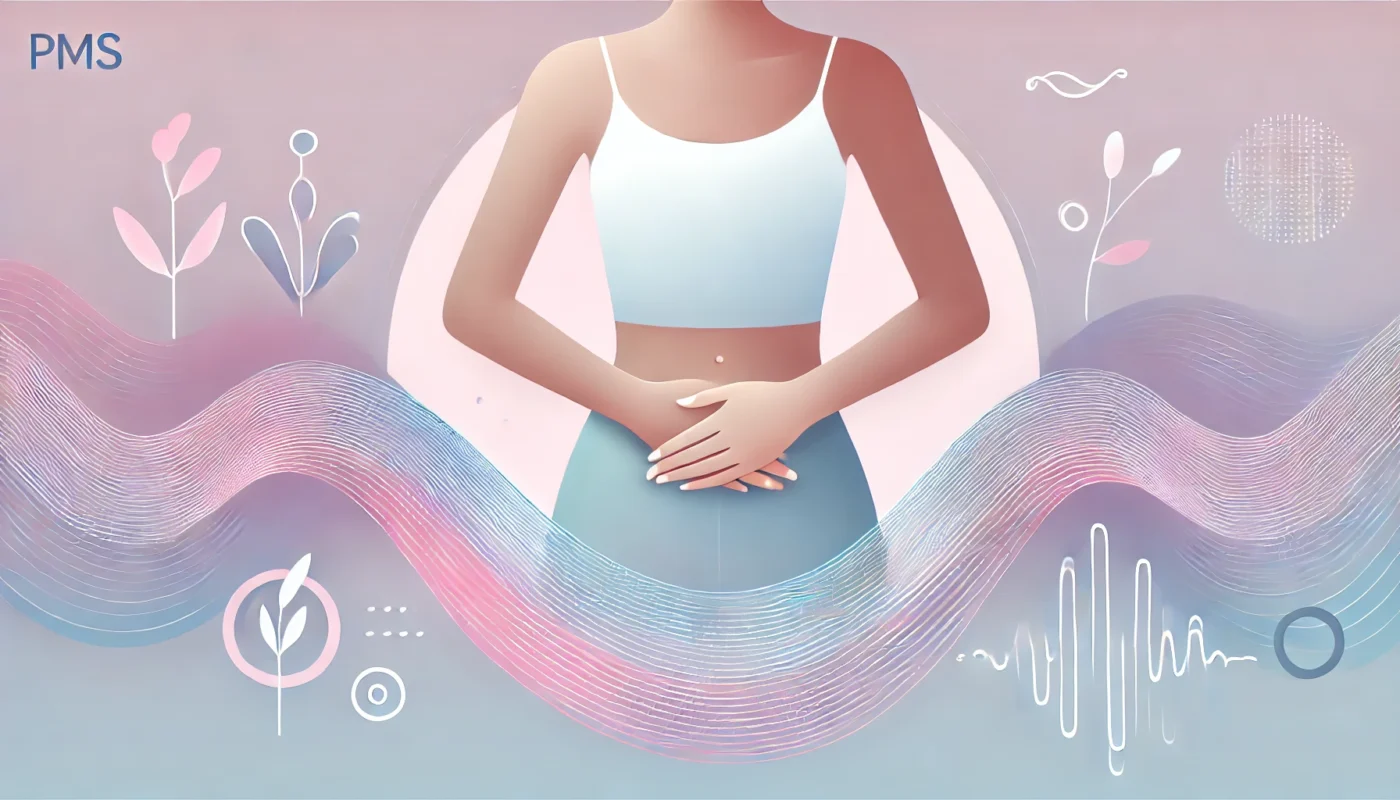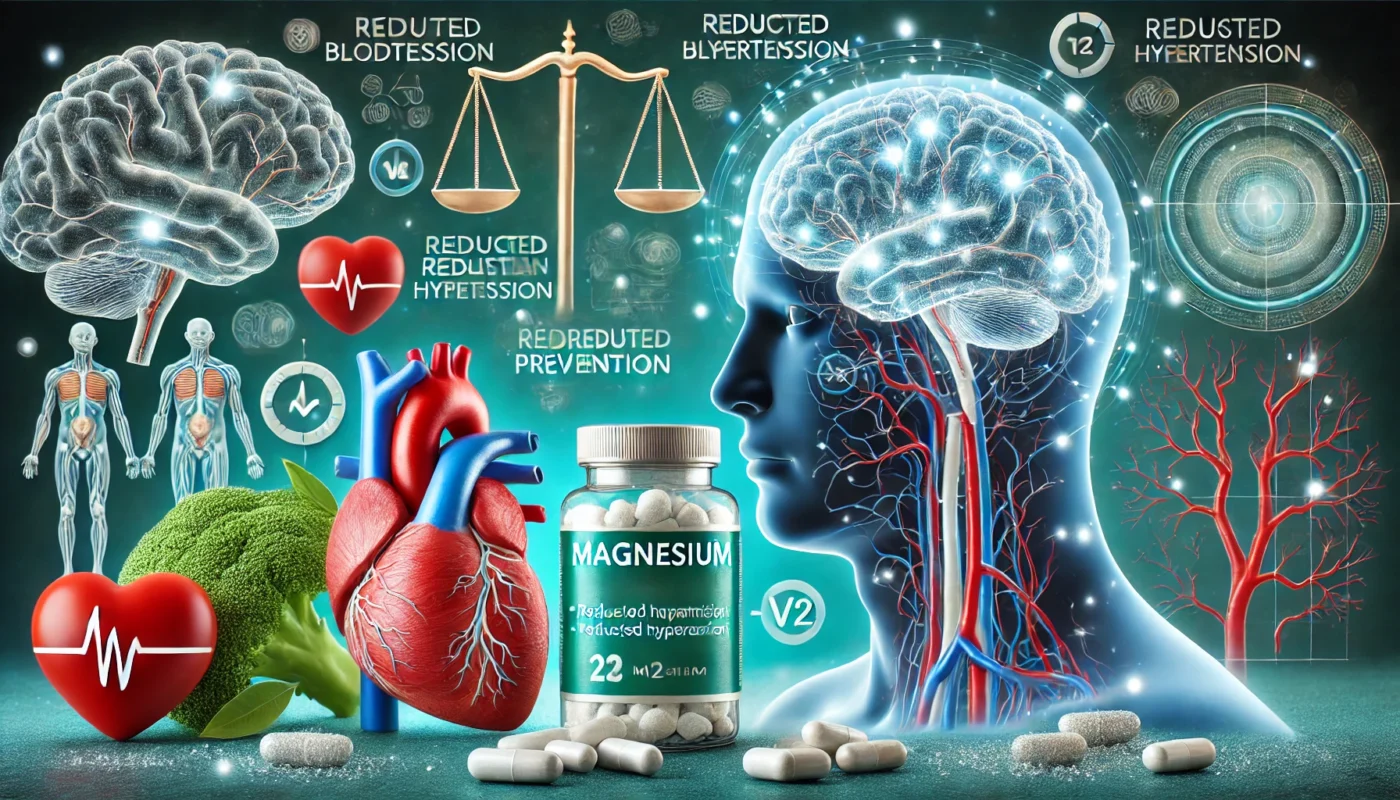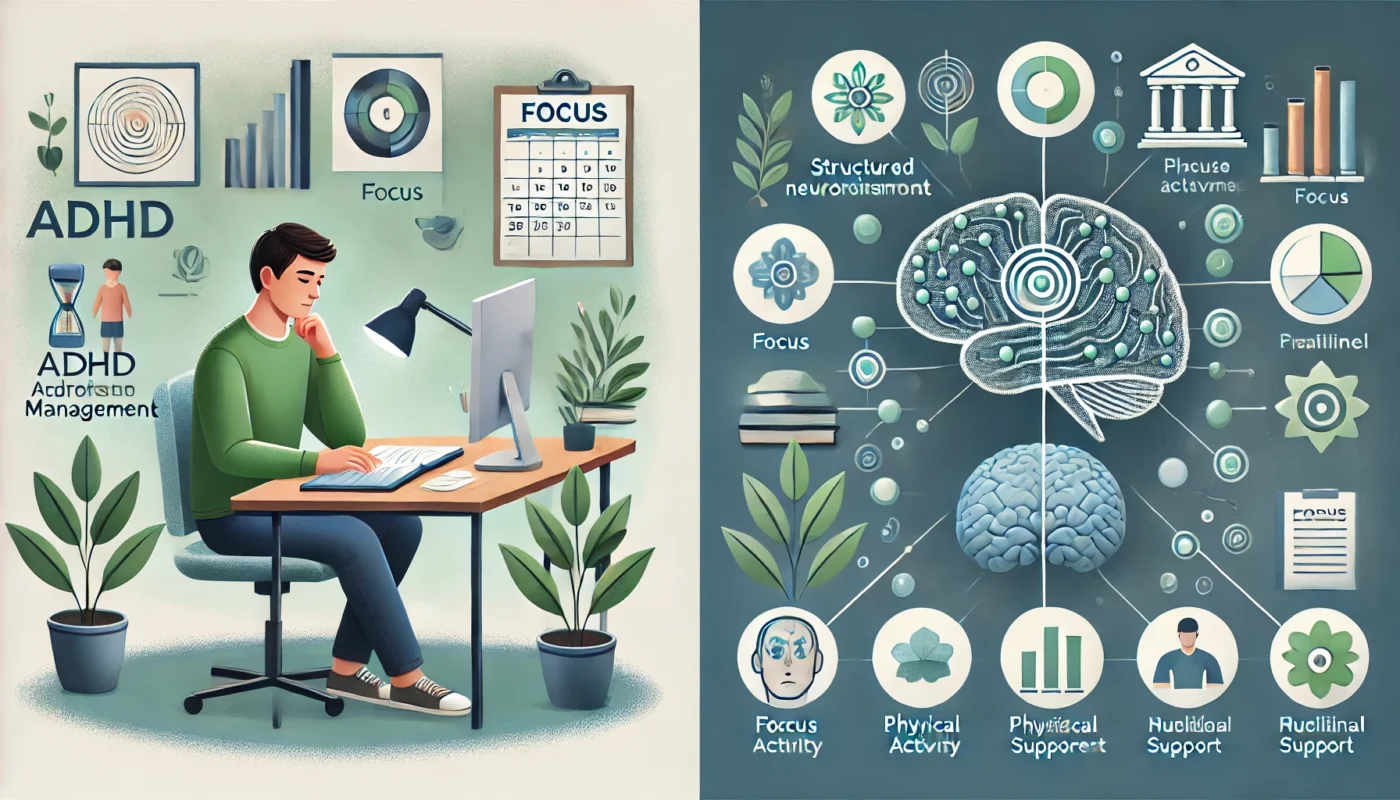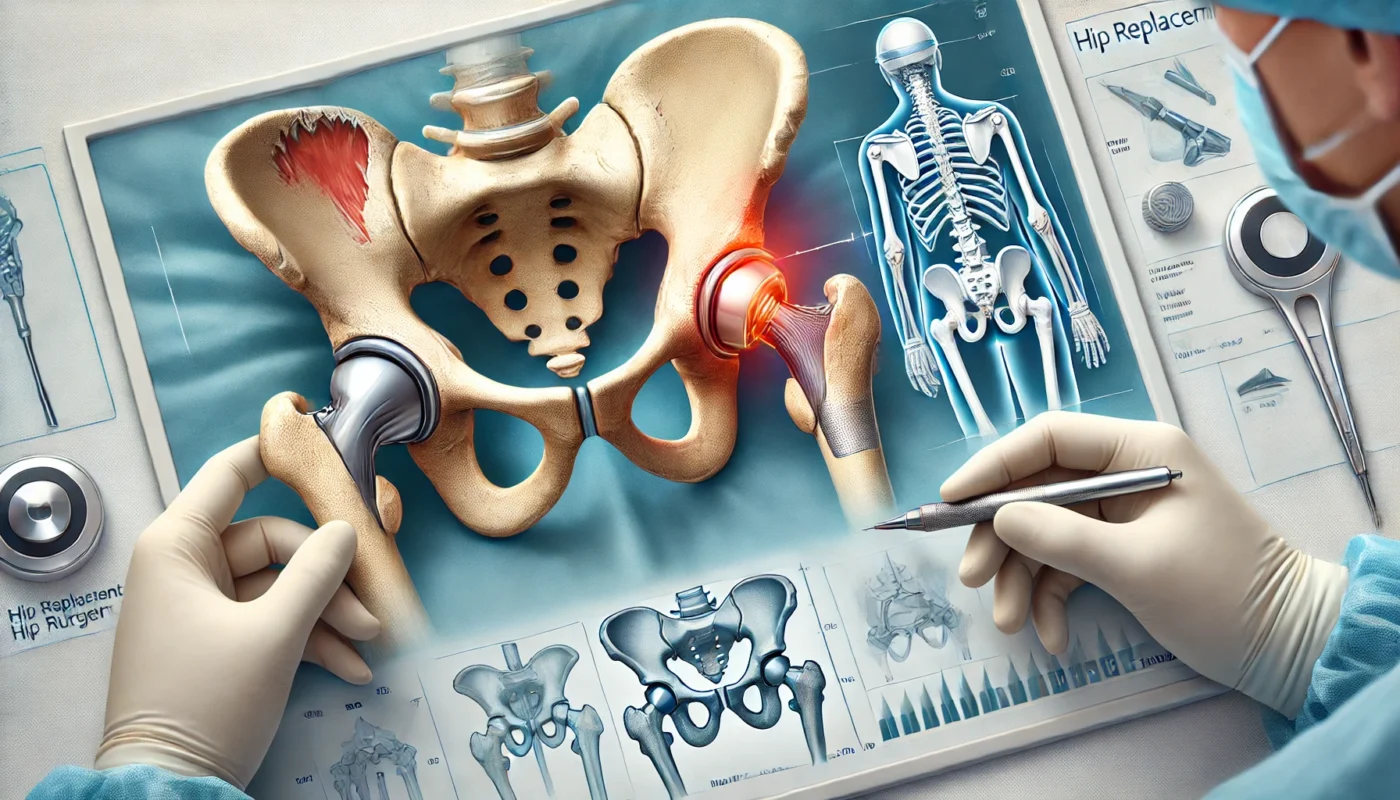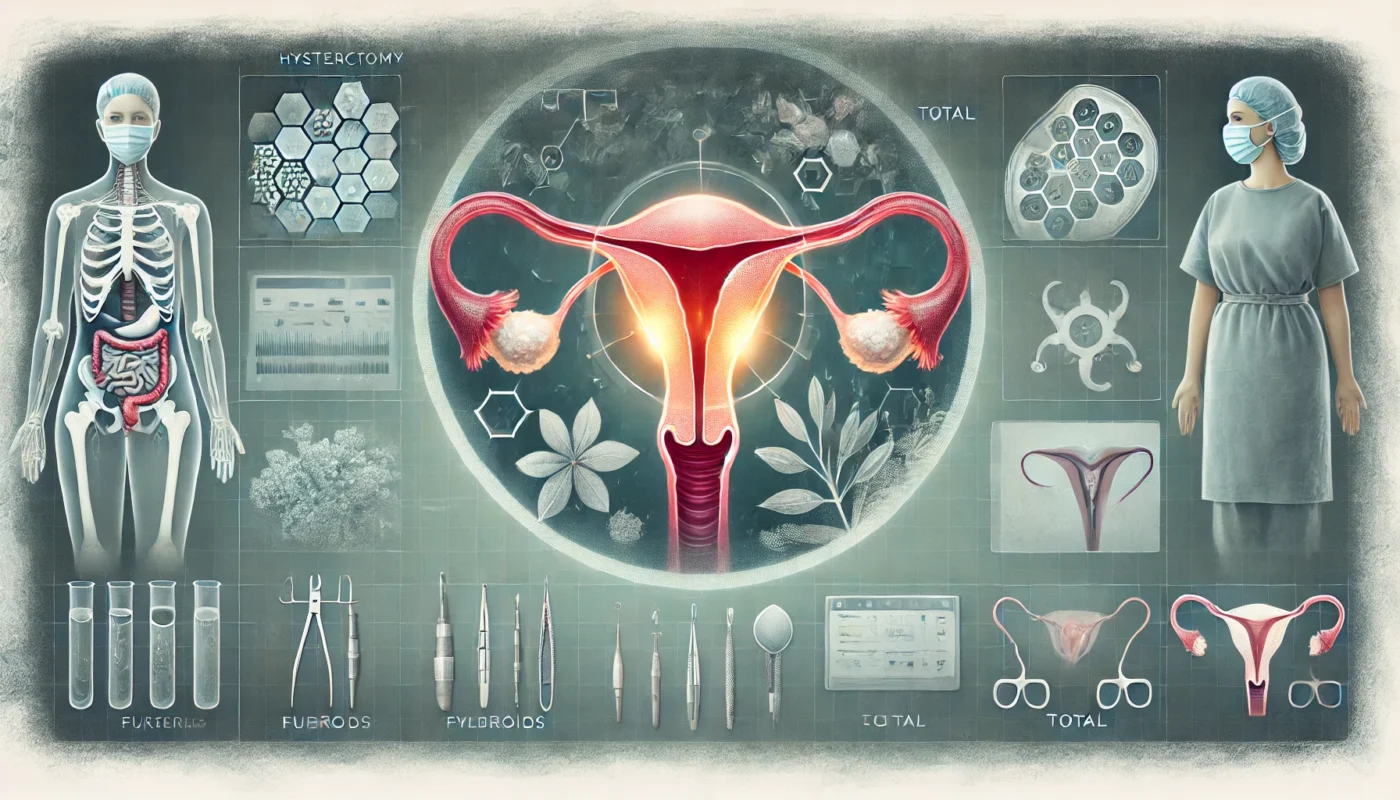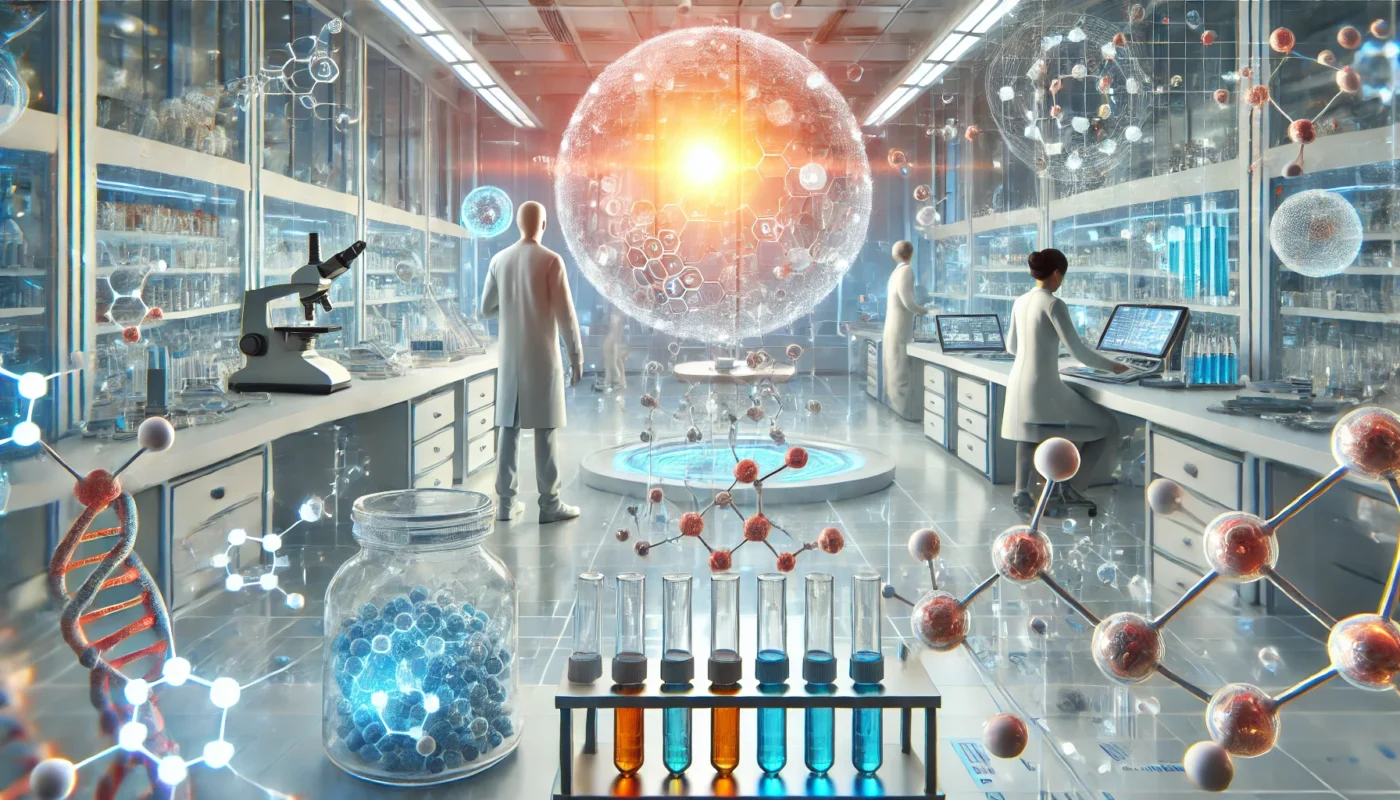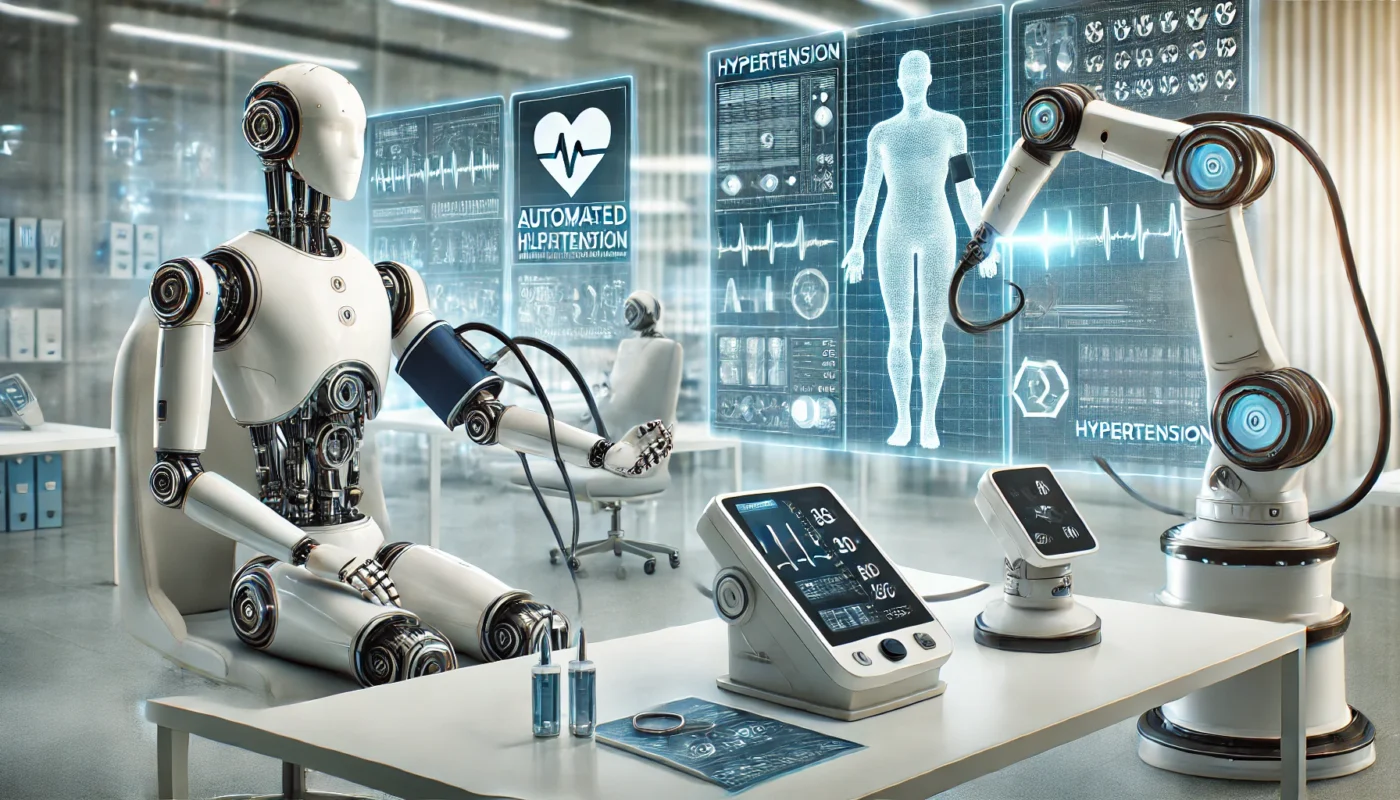Holistic health focuses on treating the whole person—mind, body, and spirit—rather than just the symptoms of a disease. This approach considers physical, emotional, social, and spiritual wellness as interconnected and essential for overall health.
Tag Archives: Nutritional Support
Back pain can arise from various factors, including muscle strain, poor posture, underlying medical conditions, or even after surgery. Understanding the root cause is crucial for choosing the appropriate natural remedy. For those recovering from surgery, gentle approaches that promote healing are essential, while chronic sufferers might benefit from lifestyle adjustments and consistent natural therapies.
When faced with persistent neck pain, it’s crucial to understand the different types of medical professionals who specialize in diagnosing and treating this condition. This knowledge will empower you to make informed decisions about your healthcare.
Premenstrual syndrome (PMS) affects an estimated 75% of menstruating women, with symptoms ranging from physical discomfort to emotional disturbances like anxiety and mood swings (Journal of Women’s Health, 2020). For many, the emotional toll of PMS can significantly interfere with daily life, making it crucial to identify safe and effective solutions for managing these symptoms. […]
Stroke is a leading cause of death and disability worldwide, affecting over 12 million people annually, according to the World Stroke Organization. Preventing stroke involves managing risk factors like high blood pressure, diabetes, and inflammation. While lifestyle modifications such as exercise and a balanced diet play a critical role, researchers are increasingly exploring the role […]
Attention Deficit Hyperactivity Disorder (ADHD) affects approximately 6–10% of children and 2–5% of adults globally (Journal of Clinical Psychiatry, 2019). This neurodevelopmental disorder is characterized by symptoms such as inattention, hyperactivity, and impulsivity, which can interfere with academic, social, and occupational functioning. While stimulant medications like methylphenidate (Ritalin) and amphetamines (Adderall) are commonly prescribed, they […]
Hip replacement surgery, also known as hip arthroplasty, is a transformative procedure that restores mobility and alleviates chronic pain caused by severe joint damage or degeneration. This comprehensive guide explores the intricacies of hip replacement surgery, from the anatomy involved to post-surgical recovery strategies, offering evidence-based insights to ensure a smooth recovery while minimizing downtime. […]
Hysterectomy is a life-changing surgical procedure performed for various medical reasons, such as uterine fibroids, endometriosis, pelvic organ prolapse, or certain cancers. For many, it offers relief from chronic pain, bleeding, or other debilitating symptoms. This guide provides an in-depth exploration of hysterectomy, including its description, anatomy, stages of healing, potential side effects, recovery strategies, […]
Hypertension, a condition characterized by consistently high blood pressure, affects over a billion people worldwide and remains a leading cause of cardiovascular disease, kidney failure, and stroke. Despite significant progress in treatment, many patients fail to achieve optimal blood pressure control due to medication resistance, side effects, or limited therapeutic options. Recent advancements in hypertension drugs, including the development of angiotensin blockers and novel therapeutic approaches, are transforming the landscape of hypertension management. This article explores the evolution of pharmaceutical options for hypertension, highlighting recent innovations and their potential to improve outcomes.
Hypertension, or high blood pressure, is a silent yet pervasive health issue affecting more than 1.28 billion people worldwide, according to the World Health Organization (WHO). As a major risk factor for heart disease, stroke, and kidney failure, its management requires accurate diagnosis, consistent monitoring, and effective treatment. However, current healthcare systems often struggle to provide the efficiency and personalization needed to address this global challenge. Enter robotics: a rapidly advancing field with the potential to revolutionize hypertension care. From improving diagnostic accuracy to enabling precise treatments, robotics is poised to transform how we approach blood pressure management.




